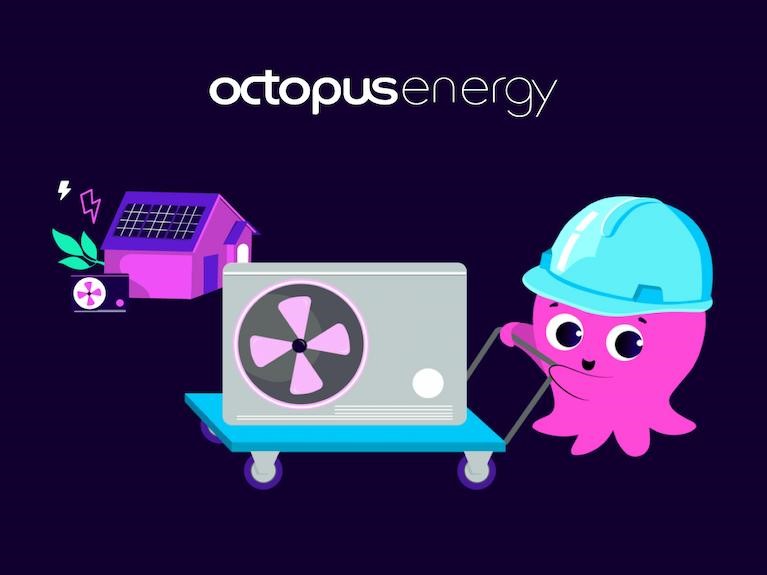Go paper-free
Amend paper-free preferences for your statements and communications.
A heat pump is a more energy efficient way of heating your home. Eligible Halifax customers could benefit from cashback and energy bill credit if they switch.

Helping you to cut the cost of installing a heat pump. Octopus are installing in England and Wales at the moment.
Our latest offers:
Halifax aren’t responsible for the improvements carried out by the supplier you pick. Halifax doesn't guarantee the supplier's work quality by releasing the funds. It’s up to you to make sure you’re happy with any improvements carried out. Halifax can't guarantee the work costs, potential savings or effect on your EPC rating. You’re responsible for making your own decision.
You agree Halifax might contact you with reminders about this reward and for research purposes.
Halifax reserve the right to change or withdraw the reward at any time.
Halifax mortgage customers could get £2,000 with our Green Living Reward.
To qualify for the Green Living Reward, which we'll refer to as the reward, you must:
Qualifying mortgage customers can only receive 1 reward per mortgage product.
UK wide including Northern Ireland.
To redeem the free Energy Performance Certificate (EPC) offer, you must:
You have 3 months after a successful claim to schedule the assessment, plus an extra month for the assessment to take place.
You need to carry out the EPC assessment on the property where you claimed your Green Living Reward.
Help is available if you’re planning on upgrading or replacing your heating system with a new low carbon one.
Vicky and Matt tell us about their experience installing their air source heat pump and claiming their Green Living Reward.
Disclaimer: Any views expressed in these videos are the customers’ own, not those of Halifax.
All cashback values were right at the time of filming and might not match current values. Customers in these videos used their own installers.
Watch now 🕑 2 min 40 secs.
This depends on a few things. Heat pumps work best in well-insulated homes, so it’s best to check this out before you start thinking about getting a heat pump. An easy way to do this is to find out your home’s Energy Performance Certificate (EPC) rating. If yours is a D or above and it says you have insulation, you should be good to go.
Most heat pumps use radiators to heat your home, just like boilers do. Sometimes, your existing radiators might be too small for a heat pump to work efficiently and will need replacing, but this isn’t always the case. A heat pump usually works well with existing underfloor heating too.
You’ll need some outside space for most heat pumps though. Around the size of a moped is usually enough for an air source heat pump. Ground source heat pumps take up more space than that. They usually need a trench or borehole digging plus a room inside for the operating system.
Find out more on how heat pumps work on GOV.UK.
Government grants of £7,500 towards heat pump installations in England and Wales are available.
The cost of heat pump installation depends on the size of the system and whether your radiators need upgrading too. Larger homes or more difficult installations can cost more.
You could claim £2,000 cashback after your installation if you’re eligible for the Green Living Reward.